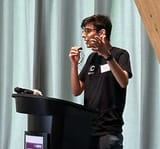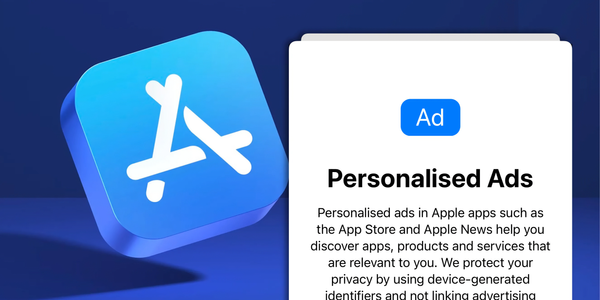Understanding AI Agents and Agentic AI

Artificial Intelligence has come a long way from just answering questions. These days, AI does not just respond. It acts. One of the most exciting developments in this space is something called AI agents.
In simple terms, think of AI agents like smart automations. Not exactly, but close enough if you are just getting started. They are programs that can read and understand information, make sense of what needs to happen, and then actually go and do it. They do not sit around waiting for instructions every time. You usually set them up once, and from there, they can adapt, improve, and evolve to keep doing better work.
Unlike a basic chatbot that only replies when prompted, AI agents can take on broader goals. They can break big tasks into smaller ones, work across different tools and platforms, and carry out jobs you would normally do yourself. It is like delegating a project to someone and having them figure out how to get it done without needing to ask for guidance at every step.
You have probably already used tools powered by AI agents, even if you did not realise it. Take Otter.ai, for example. Otter is an AI meeting assistant that records your calls, transcribes everything being said in real time, picks out key highlights, and sends a summary once the meeting ends. That means you can focus on the conversation instead of taking notes. The moment it starts taking action without being asked, from capturing conversations to generating follow-up content, that is where it moves from being just a tool to becoming an AI agent.
Even features like Google Calendar’s smart scheduling or Gmail suggesting replies based on the email’s tone are early forms of agentic behaviour. These systems are constantly reading context, understanding intent, and offering useful actions with little to no input from you.
This shift is important because AI agents are already helping people save hours of work. They are great at handling repetitive tasks like admin, research, note-taking, follow-ups, and even writing first drafts. And they are getting better all the time. For small teams, students, or solo founders, this is game-changing.
If you want to stay ahead of the curve, now is the time to stop just watching YouTube demos or liking AI posts on Twitter. My advice is simple. Pick one tool. Try it. I would really recommend taking a couple of hours and exploring Zapier to get started. It is one of the best tools out there if you want to understand how automation and AI agents can actually save you time. You can build simple workflows like automatically sending Slack messages from emails, updating spreadsheets from forms, or following up on leads without writing a single line of code. It is easy to use and powerful enough to make a real difference.
Another great option is to build your own custom GPT using ChatGPT. You do not need to code anything. You just give it clear instructions, upload some examples, and explain exactly what you want it to do. You can create a GPT that helps write grant applications, cleans up meeting notes, analyses contracts, or answers questions from your own documents. It is like training a digital assistant for your specific tasks, and it keeps getting better the more clearly you explain the job.
Start with something real. Make Zapier automate your calendar. Build a custom GPT to sort your notes or generate reports. Use it to do something you already spend too much time on. You will only learn by doing.
And if you are in your forties or older, here is something practical. Hire an intern. Sit with them for an hour. Walk them through your daily work. Show them your reports, your inbox, your calendar, your client notes. Ask them to explore how AI tools could help. I am willing to bet they will find at least one part of your workflow that can be done faster, smarter, or even fully automated. Small changes add up. Saving even ten minutes on a task you repeat every day is worth it.
AI is here to remove the grunt work so you can focus on thinking, building and connecting. You do not need to be technical. You just need to start.




